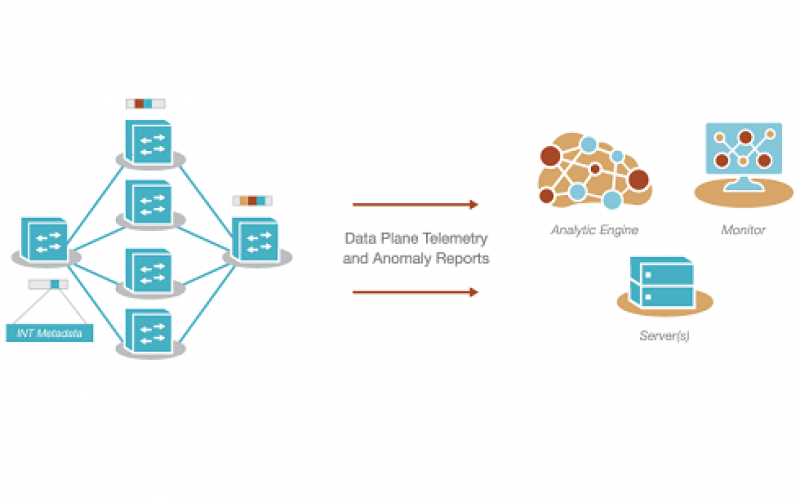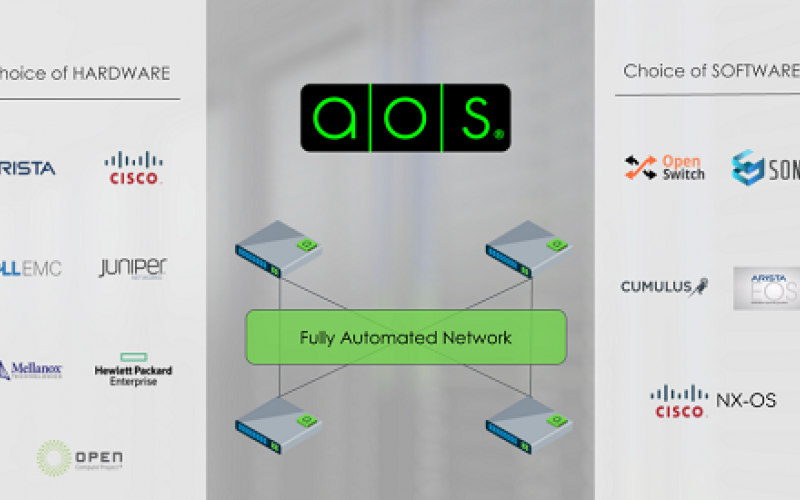Make no mistake, the networking industry is no longer focused on hardware, and the transformation from hardware to software removes many of the major obstacles that networking startups faced in the past. Even the smallest of tech startups can enter the enterprise networking market and potentially shake up the entire industry. Several current trends offer networking startups new opportunities with the promise of using agility, focus and speed to market to catch the networking giants off guard.
One such category is artificial intelligence and analytics. Automation is getting a boost from advanced analytics and predication-based automation that allows the network to make autonomous routing and switching choices based on various factors. This area of networking includes network visibility for hybrid/multi-cloud platforms, intent-based networking, and remote user connectivity.
Another hot trend that is finally gaining the attention of enterprise customers is true interoperability with any and all network and infrastructure vendors. Previously, interoperability was a "nice to have." But these days, it’s an absolute must. Because the network infrastructure creates the building blocks for all other physical and virtual components riding on top of it, everything has to work together. While larger vendors often stick to their proprietary methods and API calls, most networking startups are going the open source route. For many, this is both a refreshing take on the network as well as the right interoperability strategy moving forward.
Lastly, many startups are focusing on taking old, trustworthy technologies and adding something new to the mix to truly revolutionize the network. Whether this is standard routing/switching, Domain Name Services (DNS), or the Wide Area Network (WAN), startups are pursuing new and innovative ways to mix old technologies with brand new functionality.
Join us as we show you some of the hottest networking startups and how they are seeking to change the industry. It’s a wonderful time to be in enterprise networking – and this collection of hot new startups certainly proves that.
(Image: rawpixel/Pixabay)

















